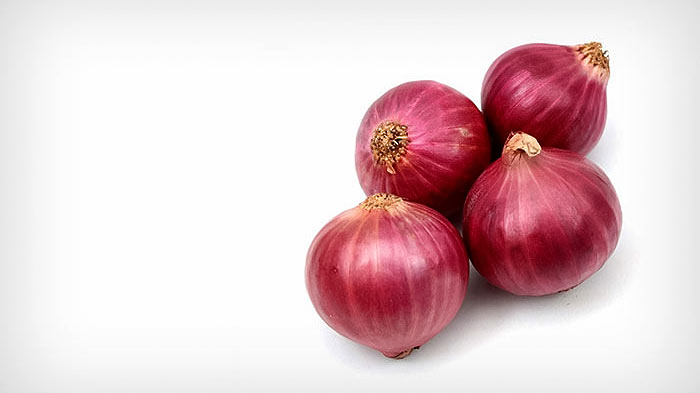India extends ban on onion exports indefinitely ahead of general election

India has extended its ban on onion exports indefinitely – a surprise move that comes ahead of a general election and is set to exacerbate high prices in some overseas markets.
Imposed by India – the world’s biggest exporter of the vegetable – in December, the ban was due to expire on March 31. Traders had anticipated it would be lifted as local prices have more than halved since the export restrictions were implemented and this season’s crop is yielding fresh supplies.
However, the government issued an order late on Friday that the ban will remain in place until further notice.
“The extension is surprising and completely unnecessary, considering the falling prices with rising supplies from the new season crop,” said an executive at a Mumbai-based export firm, who declined to be identified.
Onion prices in some wholesale markets in Maharashtra, the biggest onion-producing state, have fallen to 1,200 rupees ($14) per 100 kg from 4,500 rupees in December, the executive said.
Prime Minister Narendra Modi is seeking a record-equalling third straight term in upcoming elections that will be held over almost seven weeks from April 19.
Countries such as Bangladesh, Malaysia, Nepal and the United Arab Emirates rely on imports from India to fill domestic gaps in onion supply and many of those nations have struggled with high prices since the ban.
“India’s move is allowing rival exporters to quote much higher prices since buyers have no choice,” said another executive at an export company based in Mumbai.
Traders estimate that India, which has shorter shipment times than rivals such as China or Egypt for many markets, accounts for more than half of all onion imports by Asian countries.
India exported a record 2.5 million metric tons of onions in the financial year that ended on March 31, 2023.
(Reuters)

Latest Headlines in Sri Lanka
- UN pledges support for Sri Lanka’s industrial and SME development March 13, 2025
- Former Boossa Prison Superintendent shot dead in Akmeemana March 13, 2025
- Police search Sagala Ratnayaka’s residence amid hunt for IGP Deshabandu Tennakoon March 13, 2025
- Another Middeniya triple murder suspect arrested at BIA while fleeing March 13, 2025
- Court of Appeal to rule on IGP Tennakoon’s arrest warrant on March 17, 2025 March 12, 2025


